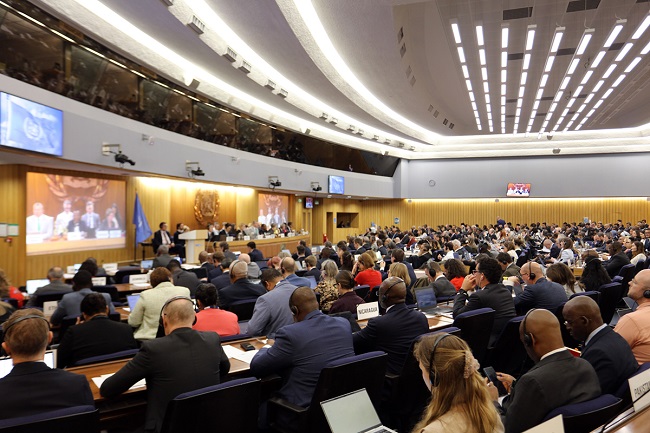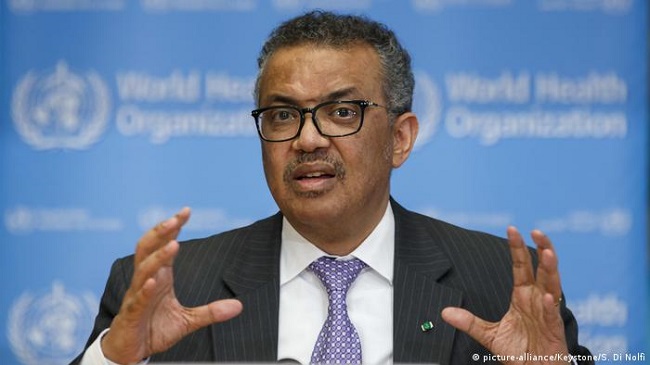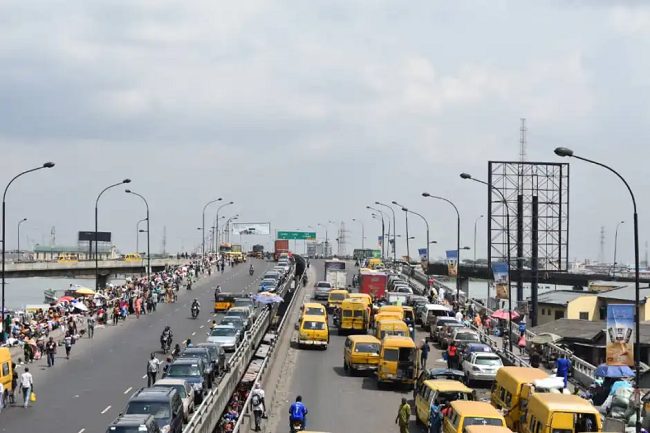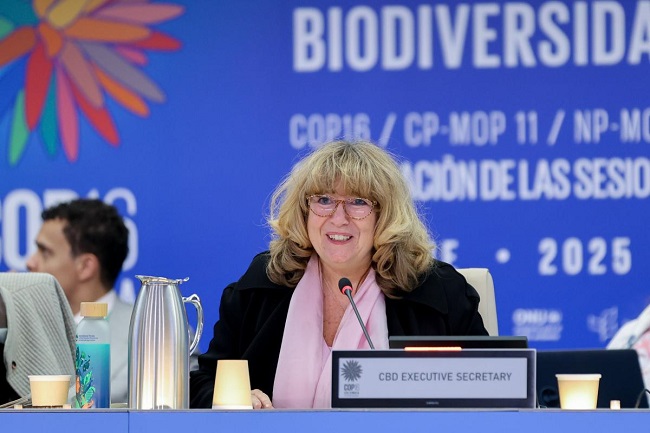The Ibeju-Lekki Model City Plan (2024-2044) has projected the fast-developing axis of Ibeju-Lekki for tourism, industrial, residential, and agricultural developments, among others.
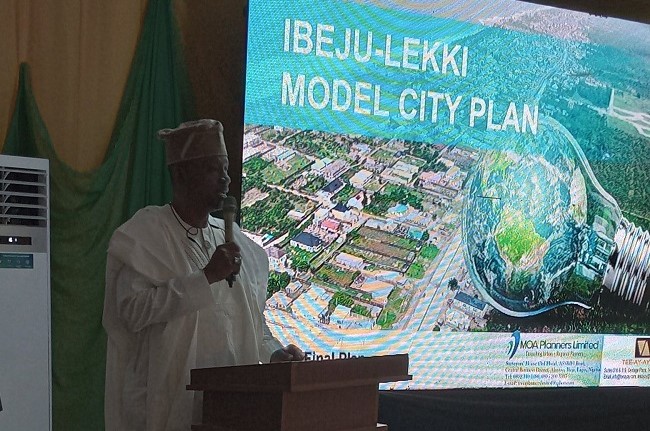
This was made known on Friday, April 11, 2025, by the Commissioner for Physical Planning and Urban Development, Dr. Oluyinka Olumide, during the final stakeholders’ meeting in Lekki LCDA Secretariat to ratify the provisions of the Model City Plan.
Olumide, who highlighted the objectives and benefits of the Plan, said that its preparation marked a significant milestone in the development of Ibeju-Lekki, the emerging growth pole of Lagos State.
“The 20-year plan aims to create a sustainable, flexible, and dynamic global community, enhancing the area’s economic potential in Agriculture, Tourism, Blue and Border Economy, and Marine activities,” he said.
He added that the Lagos State Government, in recognition of the growth potential of the axis, had mandated the review of the Lekki Comprehensive Master Plan and the preparation of separate Ibeju-Lekki Model City Plan to pay adequate attention to challenges emerging from the division of entire Lekki corridor project area into two.
He said that the aim of the Plan was to transform Ibeju-Lekki into a sustainable, flexible, conducive, adaptable and dynamic global community where people could live, work, play, prosper and enjoy a safe decent built environment.
He said that the Ibeju-Lekki Model City Plan had taken cognisance of the T.H.E.M.E.S.+ Agenda and major development projects in the area, including Dangote Refinery and Petrochemical Plant, Lekki Free Trade Zone, Lekki Deep Seaport and Alaro City, among others.
Other projects that have launched Ibeju-Lekki into global prominence include Lekki International Airport, Green-Line Rail Project, and Lagos-Calabar Coastal Highway.
He said that, to unlock the full potential of the area and create thriving communities, the Ibeju-Lekki Model City Plan had prioritised the provision of mass transit of people and goods, youth empowerment, social inclusion, technology, and integrated community development.
He enjoined all stakeholders to embrace the plan and play active role in shaping the future of Ibeju-Lekki through the forward-looking Plan that is part of Lagos State’s broader vision to create well-planned, economically vibrant and sustainable cities, in tandem with the T.H.E.M.E.S.+ Agenda of Governor Babajide Sanwo-Olu of making Lagos a 21st Century Economy.
The Permanent Secretary, Office of Physical Planning, Oluwole Sotire, said that the Ibeju-Lekki Model City Plan was presented to the public for final ratification after the Ministry had approved the previous stages from the consultants, MOA Planners Limited, which was awarded the project in line with the blueprint of the State Government.
He explained that the Plan had earlier gone through different stages, including the inception and baseline report, the draft final Plan and the mandatory 28-day public inspection of the draft Plan, which was carried out from February 26 to April 1, 2024 in five strategic locations, including Ibeju-Lekki Local General Secretariat, Lekki LCDA Secretariat, Epe Local General Secretariat, LASPPPPA Headquarters and the Ministry of Physical Planning and Urban Development.
The Chairman of Ibeju-Lekki LCDA, Abdulahi Sesan Oluwa, and his Lekki LCDA counterpart, Rasak Kasali, expressed satisfaction with the plan’s boundary capture and requested a one-month grace period to submit a joint input to further enrich the Plan.
The meeting was attended by Obas, Baales, former Council Chairmen, Community leaders, market men and women, and other stakeholders who participated actively and offered suggestions and feedback that would be incorporated into the plan for it to reflect the people’s vision for Ibeju-Lekki’s development.



